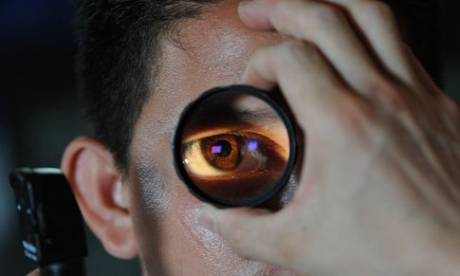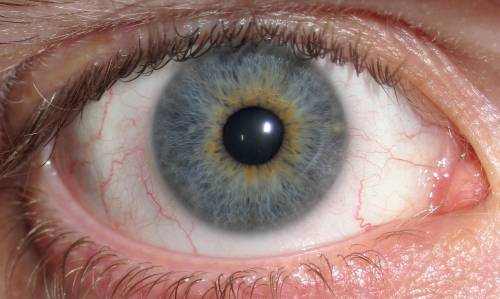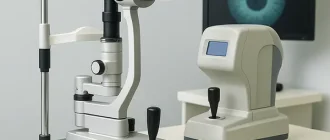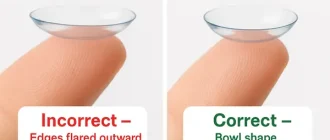Many people experience eye itchiness, especially at night, which can disrupt sleep and cause discomfort. There are several factors that can contribute to this problem, and understanding them can help alleviate symptoms more effectively.
One of the most common causes of itchy eyes at night is allergies. Allergens such as dust mites, pollen, pet dander, and mold can accumulate in the environment and trigger an allergic reaction when they come into contact with the eyes. During the night, these allergens might settle on bedding and pillows, causing irritation as you sleep.
Dry eyes can also cause itching, particularly at night. The reduced blink rate during sleep can lead to inadequate lubrication of the eyes, resulting in a dry and itchy sensation. This can be exacerbated by certain lifestyle factors, such as spending excessive time in front of screens or in dry environments.
Another possible culprit behind nighttime eye itchiness is eye strain. When you spend long hours focusing on screens or performing visually demanding tasks, your eyes can become fatigued, leading to itchiness and discomfort. Poor lighting conditions or incorrect prescription glasses may also contribute to eye strain and subsequent itching.
In some cases, itchy eyes at night can be a symptom of an underlying eye condition, such as conjunctivitis (pink eye) or blepharitis (inflammation of the eyelids). These conditions can cause redness, swelling, and itching, particularly when the eyes are deprived of the distractions and activities that keep them engaged during the day.
While itchy eyes at night can be bothersome, there are steps you can take to find relief. Using allergen-proof bedding, keeping the bedroom well-ventilated, and washing pillows regularly can help minimize exposure to allergens. Applying lubricating eye drops before bed can alleviate dryness and reduce itchiness. If eye strain is a major factor, practicing the 20-20-20 rule (looking at an object 20 feet away for 20 seconds every 20 minutes) can provide relief and prevent eye strain.
If the symptoms persist or worsen, it is advisable to seek professional advice from an eye care specialist. They can determine the underlying cause of your itchy eyes and recommend appropriate treatments to provide relief and improve your overall eye health.





